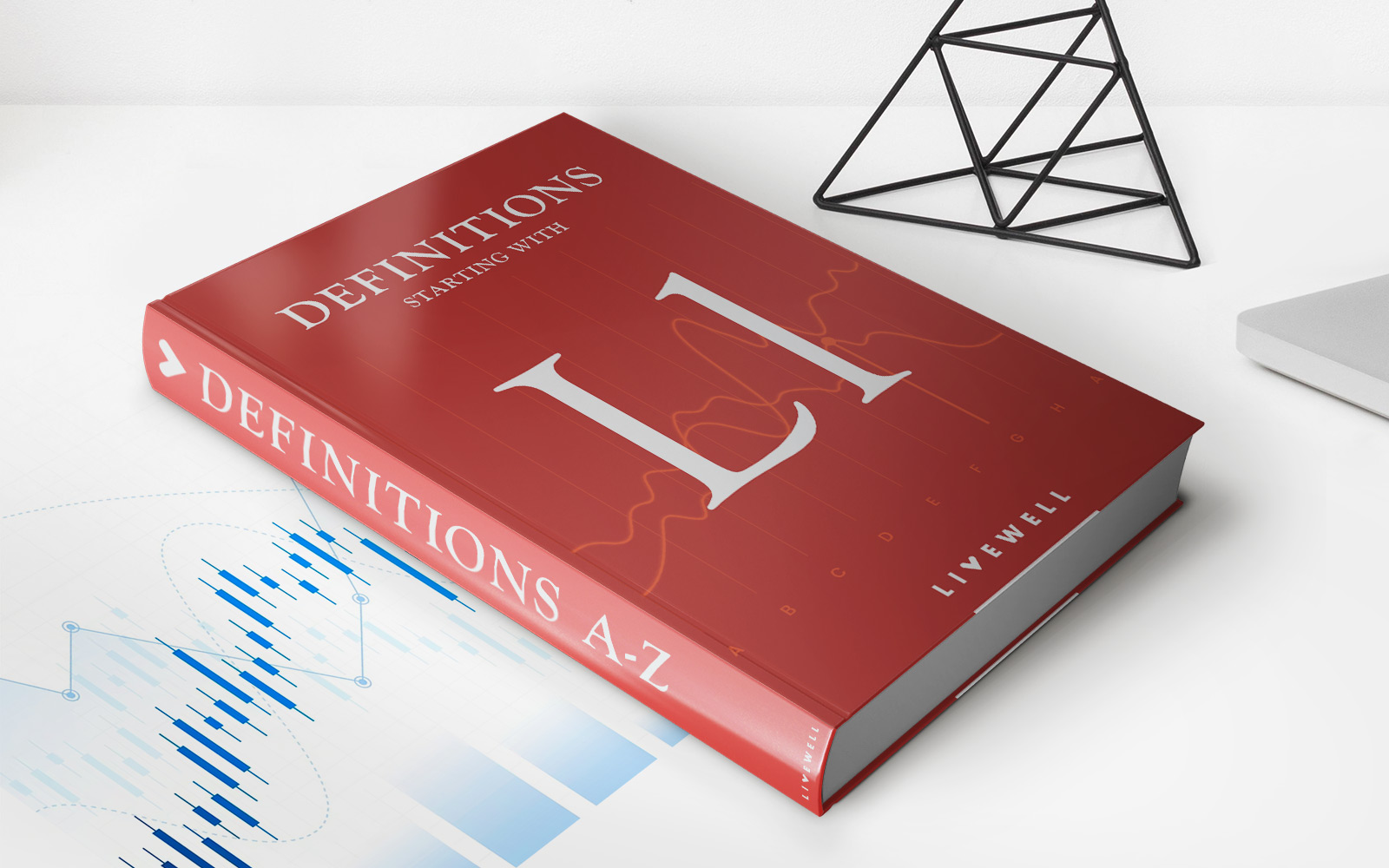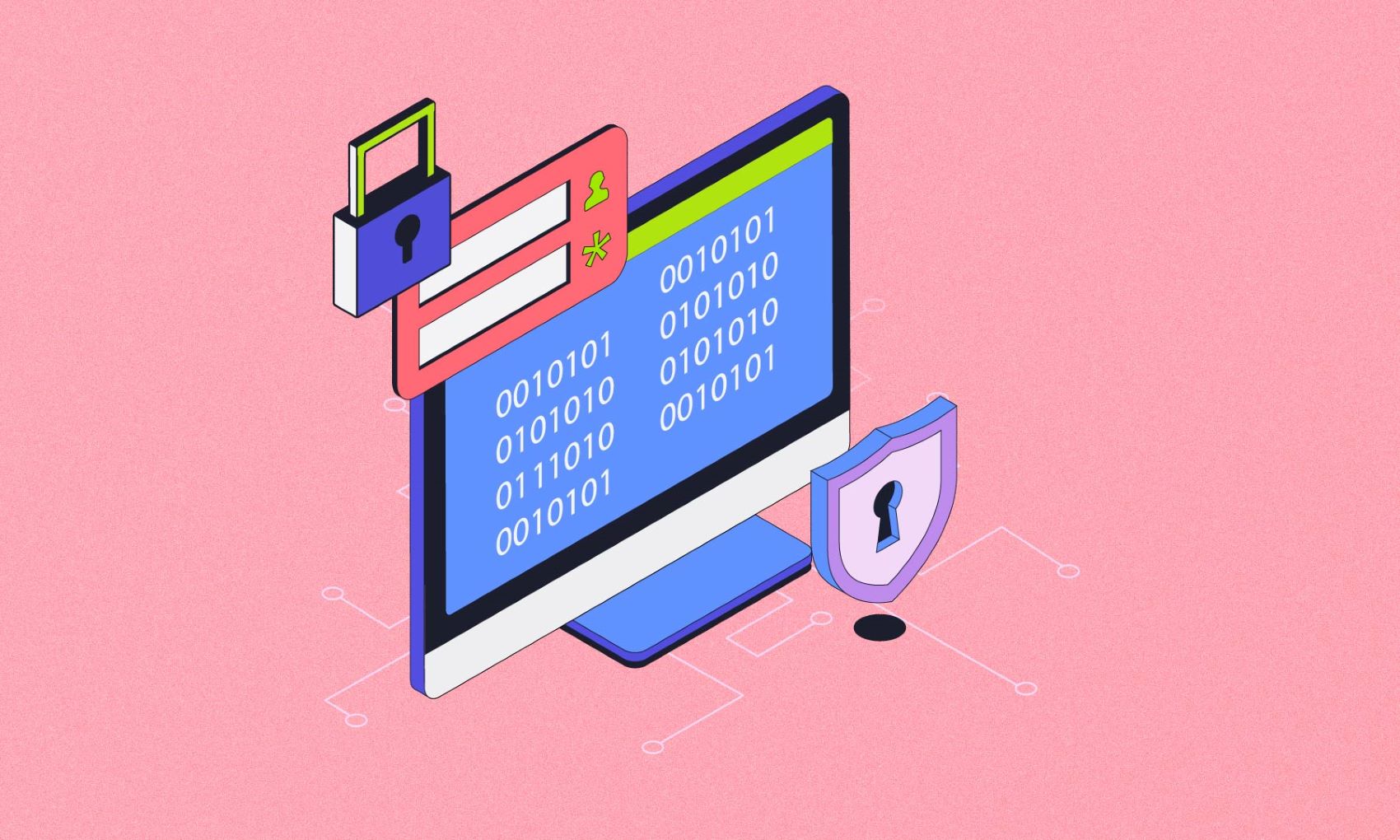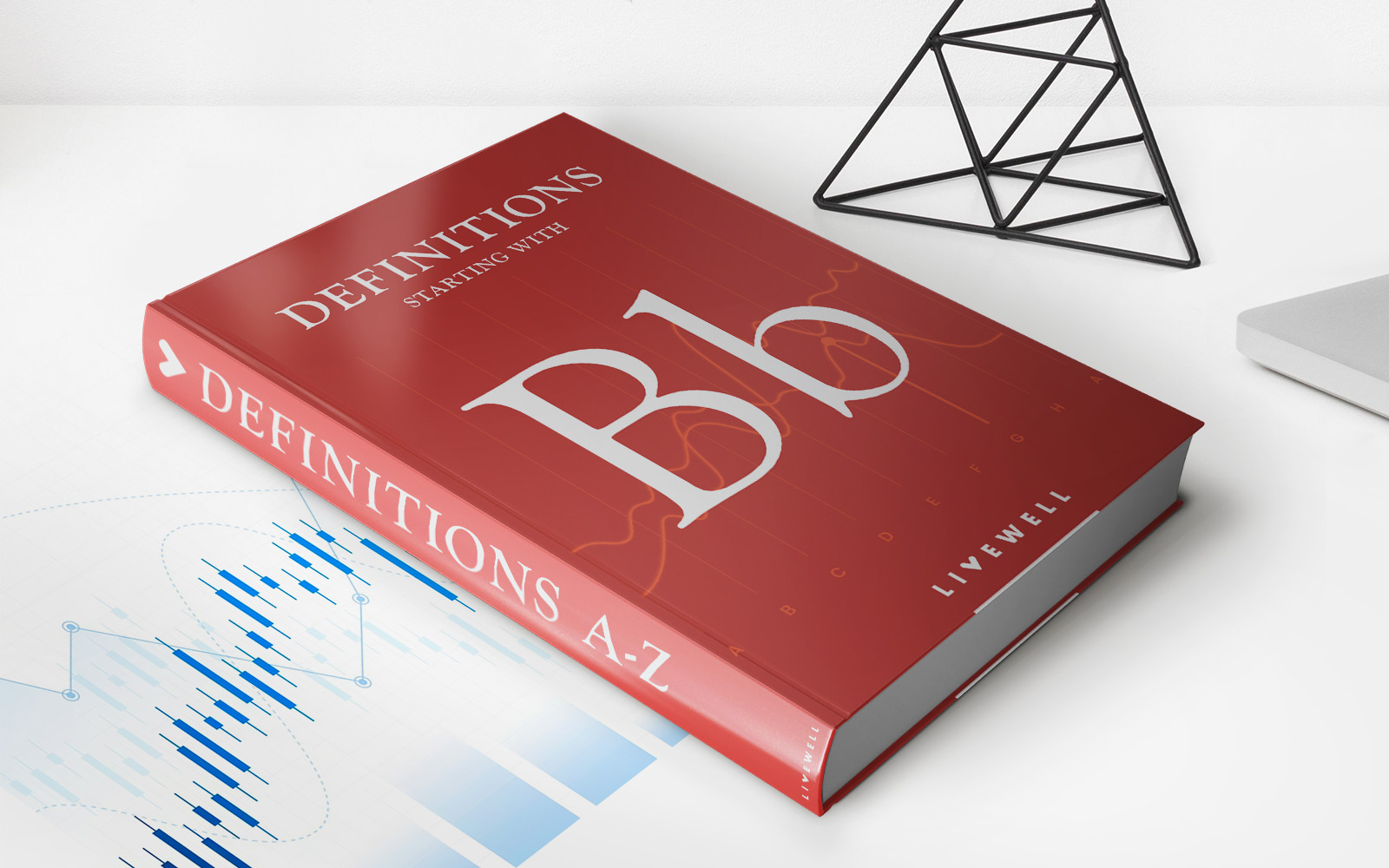

Finance
What Can I Use Student Loans For
Published: January 19, 2024
Discover how student loans can help finance your education and cover expenses like tuition, books, housing, and more. Plan for a successful future with the right financial support.
(Many of the links in this article redirect to a specific reviewed product. Your purchase of these products through affiliate links helps to generate commission for LiveWell, at no extra cost. Learn more)
Table of Contents
Introduction
Student loans play a vital role in helping individuals pursue higher education, but have you ever wondered what exactly you can use these loans for? While the primary purpose of student loans is to cover the cost of tuition and fees, they can also be used for various other expenses that are essential to your college experience. Understanding how you can use your student loans wisely can help you make informed financial decisions and maximize the benefits of your education funding.
It’s important to note that student loans should be used responsibly and for educational purposes only. Taking on debt without a clear plan of how it will benefit your education and future career prospects can lead to financial difficulties down the road. Before taking out a student loan, it’s crucial to have a thorough understanding of your program’s financial implications and create a budget that allows you to manage your expenses effectively.
In this article, we will explore the various expenses for which you can use your student loans. From tuition and fees to living expenses and study abroad programs, we will provide you with a comprehensive guide to ensure you allocate your student loan funds appropriately.
Understanding Student Loans
Before diving into the specific expenses you can use student loans for, it’s important to have a basic understanding of how student loans work. Unlike grants or scholarships that do not need to be repaid, student loans are borrowed funds that must be paid back with interest.
There are two main types of student loans: federal loans and private loans. Federal loans are provided by the government and generally offer lower interest rates and more flexible repayment options. Private loans, on the other hand, are offered by banks, credit unions, and other financial institutions. They typically have higher interest rates and may require a cosigner if you have limited credit history or income.
The amount you can borrow through student loans is determined by a variety of factors, including your financial need, the cost of attendance at your chosen institution, and whether you are an undergraduate or graduate student. It’s important to borrow only what you need to cover your educational expenses to avoid excessive debt.
Now that we have a general understanding of student loans, let’s explore the different expenses that can be covered with these loans.
Tuition and Fees
One of the primary purposes of student loans is to cover the cost of tuition and fees. Tuition refers to the cost of instruction for courses, while fees may include charges for student services, facilities, technology, and more. These expenses can vary greatly depending on the institution and program you choose.
When using your student loans for tuition and fees, it’s important to ensure that the funds are directed to your educational institution. Typically, the loan amount will be disbursed directly to your school, and they will apply it to your tuition balance. This helps ensure that the loan funds are used for their intended purpose and that you can continue your studies without interruption.
Prior to taking out a student loan, it’s essential to research and understand the overall cost of attendance at your chosen college or university. This includes tuition, fees, and any additional expenses that may be required, such as health insurance or laboratory fees. By calculating the total expenses, you can determine how much you need to borrow to cover your educational costs.
It’s worth noting that student loans can also be used to cover past due tuition and fees. If you have outstanding balances from previous semesters, you may be able to use your loan funds to bring your account up to date, allowing you to continue your studies without any financial obstacles.
As you plan your educational journey, carefully consider the amount of student loan debt you are comfortable taking on. Seek out scholarships, grants, and part-time work opportunities to help offset the costs and reduce the need for excessive borrowing. Remember, student loans should be used responsibly to invest in your education and future success.
Room and Board
When it comes to using your student loans, one major expense you can cover is room and board. This includes the cost of housing and meals during your time as a student. Whether you live on-campus in a dormitory or off-campus in an apartment, your student loans can help you pay for the necessary accommodations.
If you choose to live on-campus, the cost of your room and board will typically be billed directly by the university. The loan funds can be used to cover these expenses, ensuring that you have a place to live while you focus on your studies. It’s important to note that the cost of on-campus housing can vary depending on factors such as location, amenities, and whether you have a roommate.
If you decide to live off-campus, your student loans can also be used to cover rent and utilities expenses. This provides flexibility in choosing your living arrangements and allows you to find housing that best suits your needs. It’s important to budget wisely and find a living situation that aligns with your financial means.
In addition to housing, your student loans can be used to cover meals and the cost of a meal plan if your university offers one. This ensures that you have access to nutritious meals and can focus on your studies without worrying about food expenses. It’s important to carefully consider your options and choose a meal plan that fits your dietary needs and budget.
When using your student loans for room and board, it’s essential to keep in mind that these funds should be used responsibly. Avoid extravagant living arrangements or unnecessary expenses that may further increase your overall debt burden. Consider alternative housing options, such as living with roommates or utilizing public transportation to reduce costs.
By using your student loans for room and board, you can secure a comfortable living environment while pursuing your education. Remember to plan ahead, compare costs, and make informed decisions to make the most of your loan funds.
Textbooks and Supplies
Another important expense that student loans can be used for is textbooks and supplies. College classes often require textbooks, access codes, and other resources that are essential for learning. These expenses can quickly add up and become a significant financial burden for students.
When using your student loans to cover textbooks, it’s important to explore cost-saving options, such as purchasing used books, renting textbooks, or even accessing online resources. Many universities have bookstores that offer these alternatives, allowing you to save money while still acquiring the necessary materials for your classes.
In addition to textbooks, student loans can be used to purchase supplies like notebooks, pens, laboratory equipment, art supplies, calculators, and other essential items. These materials are crucial for completing assignments, participating in lab sessions, and generally facilitating your learning experience.
It’s important to keep track of the expenses related to textbooks and supplies and use your student loans judiciously. Consider seeking out second-hand bookstores, online marketplaces, or even forming study groups with classmates to share resources and reduce costs. By being proactive and resourceful, you can effectively manage your expenses in this area.
Furthermore, as technology becomes increasingly integrated into education, student loans can also be utilized to purchase laptops, tablets, and other technological devices that are necessary for coursework. These tools allow for efficient research, online collaboration, and submitting assignments electronically.
Remember to be mindful of your budget when purchasing these items, and consider their functionality and longevity. It’s essential to invest in reliable and durable equipment that will last throughout your academic journey.
Textbooks and supplies are a necessary part of your education, and student loans can help ease the financial strain. However, it’s important to exercise caution and prioritize cost-saving measures to minimize your overall debt.
Transportation
When it comes to using your student loans, transportation expenses are another crucial aspect to consider. Getting to and from campus, as well as any other necessary travel, can add up over the course of your education.
Your student loans can be used to cover transportation costs such as public transportation fees, gasoline for commuting, car maintenance, and parking fees. The specific expenses will depend on your individual circumstances and the transportation options available to you.
If you rely on public transportation, student loans can help cover the cost of bus or train passes for commuting to campus. Many universities have discounted student rates, making it more affordable to travel to and from your classes.
For those who drive to campus, your student loans can be used to cover gasoline expenses. It’s important to budget your fuel costs and keep track of your mileage to ensure you allocate your loan funds appropriately.
Additionally, if you have a vehicle, your student loans can also be used for car maintenance and repairs. Regular oil changes, tire rotations, and other necessary maintenance expenses can be funded through your loan to keep your vehicle in good working condition.
Moreover, parking fees can quickly accumulate, especially if your campus charges for parking. Student loans can help cover these costs, allowing you to park your vehicle conveniently and securely when attending classes.
When considering transportation expenses, it’s essential to evaluate your options and prioritize cost-effective methods. Carpooling, utilizing public transportation, or biking to campus are all potential ways to reduce transportation costs and decrease your reliance on student loans for this particular expense.
Remember to carefully consider your transportation needs and plan accordingly. By managing your transportation expenses effectively, you can make the most of your student loans while ensuring that you can travel to and from campus comfortably and affordably.
Personal Expenses
While student loans primarily cover educational expenses, they can also be used to cover personal expenses that arise during your time in college. Personal expenses encompass a variety of necessities and lifestyle choices that are not directly related to your academic pursuits.
When using your student loans for personal expenses, it’s important to exercise restraint and budget wisely. While it may be tempting to use these funds for non-essential items or extravagant purchases, it’s crucial to remember that student loans are borrowed money that will need to be repaid.
Personal expenses that can be covered by student loans may include items such as clothing, toiletries, personal care products, and other daily necessities. These are essential for maintaining hygiene and overall well-being while you focus on your studies.
In addition, student loans can also be used for healthcare expenses, including medical appointments, prescriptions, and health insurance premiums. Your well-being is a top priority, and using your loan funds to cover healthcare costs ensures that you can access necessary medical services throughout your college journey.
Entertainment and recreational activities can also fall under the category of personal expenses. While it’s important to balance your academic workload with social and leisure activities, it’s wise to be mindful of your spending in this area. Consider seeking out free or low-cost options, such as campus events or community activities, to make the most of your student loan funds.
When using student loans for personal expenses, it’s crucial to keep track of your spending and establish a budget. By monitoring your expenses and prioritizing your needs over wants, you can avoid unnecessary debt accumulation and make the most of your loan funds.
Remember, student loans should be seen as a resource to invest in your education and future success. While they can help cover personal expenses, it’s important to use them responsibly and make informed financial decisions to avoid excessive debt.
Technology and Equipment
In today’s digital age, having access to the right technology and equipment is essential for academic success. Fortunately, student loans can be used to cover the costs associated with technological devices and necessary equipment.
One of the primary expenses is the purchase of a computer or laptop. Many programs require students to have their own device to complete coursework, conduct research, and participate in online classes. By using your student loans, you can invest in a reliable and efficient device that meets your academic needs.
In addition to a computer or laptop, other technological equipment such as printers, scanners, and software may also be necessary for your coursework. These devices and tools can be purchased using your student loans to ensure you have the resources needed to complete assignments and projects.
If your program requires specialized equipment or tools, such as scientific instruments or art supplies, student loans can help cover these expenses as well. These items are crucial for hands-on learning and practical application of your studies.
It’s important to do thorough research and compare prices when purchasing technology and equipment. Take advantage of student discounts and sales to make the most of your student loan funds. Additionally, consider the longevity and functionality of the items you are purchasing to ensure they will last throughout your academic program.
Remember, while technology and equipment are necessary for your education, it’s vital to use your student loans responsibly. Avoid unnecessary upgrades or high-end purchases that may increase your overall debt burden. Prioritize functionality and choose items that meet your academic needs without placing an excessive strain on your finances.
By using your student loans for technology and equipment, you can ensure that you have the necessary tools to excel academically and make the most of your educational experience.
Study Abroad Programs
One of the exciting opportunities that student loans can support is participating in study abroad programs. Studying abroad allows you to immerse yourself in different cultures, gain global perspectives, and enhance your educational experience. Fortunately, student loans can be used to cover the expenses associated with studying in a foreign country.
When using your student loans for study abroad programs, the funds can be allocated towards various expenses. This may include program fees, international travel costs, visa fees, and even accommodations while studying in another country.
Study abroad program fees typically cover tuition, housing, and sometimes meals. These fees can often be paid directly to your university or program provider with your student loan funds. It’s important to research and understand the costs associated with the specific study abroad program you are interested in to ensure your loan will adequately cover the expenses.
In addition to program fees, student loans can also be used to cover the cost of international airfare and travel insurance. It’s important to plan and budget for these expenses, as they can vary depending on the destination and duration of your study abroad experience.
Visa fees and other travel-related expenses, such as passport application fees, can also be financed through your student loans. These administrative costs are necessary for entering and staying in the host country legally during your study abroad program.
Furthermore, your student loans can be used to cover accommodations while studying abroad. This may include dormitory fees, rental expenses, or even homestay arrangements. It’s important to carefully consider your housing options and choose one that fits your budget and preferences.
Studying abroad can be a transformative and enriching experience, allowing you to broaden your horizons and develop important life skills. However, it’s important to remember that study abroad expenses should be planned and budgeted for responsibly. Be mindful of your loan amount and avoid excessive borrowing that may lead to financial strain in the future.
By using your student loans wisely, you can take advantage of study abroad opportunities and enhance your education in a global context.
Internship or Co-op Fees
Participating in an internship or co-op program can be a valuable opportunity to gain practical work experience in your field of study. These programs often require students to pay fees for participation, and student loans can help cover these expenses.
Internship or co-op fees vary depending on the program and the company or organization you are interning with. These fees may go towards administrative costs, training materials, professional development workshops, or other resources provided by the program. Using your student loans to cover these fees ensures that financial constraints do not hinder your ability to participate in such valuable opportunities.
Internships and co-op programs often provide hands-on experience, networking opportunities, and the chance to apply classroom knowledge in a real-world setting. By investing in these programs with your student loans, you can gain a competitive edge in the job market and build a strong foundation for your future career.
When considering internship or co-op opportunities, it’s essential to research the associated costs and evaluate the potential benefits. Take into account factors such as the reputation of the program, the opportunities for professional growth, and the potential for future employment connections.
In addition to the program fees, student loans can also assist with other related expenses, such as transportation to and from the internship site or any necessary professional attire. These costs are important to consider as they contribute to your overall experience and preparation for the working world.
While internships and co-ops can be valuable experiences, it’s important to use your student loans responsibly and consider the return on investment. Evaluate the potential long-term benefits and weigh them against the cost of participating in the program. Seek guidance from your academic advisor or career services office to make informed decisions regarding internship or co-op opportunities.
By utilizing your student loans for internship or co-op fees, you can enhance your skill set, gain industry-specific knowledge, and increase your chances of career success upon graduation.
Living Expenses During Non-Enrollment Periods
When it comes to student loans, it’s important to consider not only the expenses incurred during your enrollment but also the living expenses that may arise during non-enrollment periods. These periods can include summer breaks, winter breaks, or any other extended periods when you are not actively attending classes.
Your student loans can be used to cover living expenses during these non-enrollment periods to ensure a smooth transition between academic terms and to maintain a stable living situation. These expenses may include rent, utilities, groceries, and other essential costs.
Using your student loans for non-enrollment living expenses provides financial support and allows you to focus on your studies without worrying about how to cover the costs of daily living. It’s important to plan and budget accordingly to ensure that your loan funds are managed responsibly during these periods.
While it can be tempting to use loan funds for non-essential expenses during non-enrollment periods, it’s crucial to prioritize your needs over wants. Be mindful of your spending and make informed decisions to avoid unnecessary debt accumulation.
Consider exploring part-time job opportunities or internships during non-enrollment periods to supplement your income and reduce reliance on student loans. This can offer valuable work experience while also providing additional financial support.
Remember, the purpose of student loans is to invest in your education and future success. By using your loan funds responsibly and prioritizing your needs, you can ensure a stable living situation during non-enrollment periods without jeopardizing your financial well-being.
It’s important to communicate with your loan servicer or financial aid office to understand the specific guidelines and requirements regarding the use of your student loans for living expenses during non-enrollment periods. They can provide guidance and ensure that you are using the funds in accordance with the loan agreement.
By effectively managing your student loans for living expenses during non-enrollment periods, you can focus on your studies and make the most of your educational experience.
Loan Repayment and Interest
As with any form of borrowing, student loans must eventually be repaid. Understanding the loan repayment process and the concept of interest is essential to avoid any financial surprises in the future.
Typically, student loan repayment begins after you graduate, leave school, or drop below half-time enrollment. The specific terms and conditions of your loan, including the repayment period, will depend on the type of loan and the agreement you have with your loan servicer.
When it comes to repaying your student loans, there are several repayment plans available that align with different financial situations and goals. These plans may include standard repayment, extended repayment, income-driven repayment, or other options. It’s important to research and choose a repayment plan that works best for your financial circumstances.
Interest is an additional cost associated with student loans. It is the amount charged by the lender for borrowing the money. The interest rate on your student loan can vary depending on the type of loan, whether it is a federal or private loan, and other factors such as creditworthiness and repayment options.
There are two main types of interest rates: fixed and variable. A fixed interest rate remains the same throughout the life of the loan, while a variable interest rate can fluctuate based on market conditions. It’s crucial to understand the terms of your loan and the type of interest rate it carries.
During your time in school, interest may accrue on your student loans even though you are not required to make payments. This is known as accruing interest. Depending on the type of loan, you may have the option to make interest payments while in school to minimize the overall cost of the loan.
It’s essential to stay on top of your loan repayment obligations and make timely payments to avoid defaulting on your loans. Defaulting can have serious consequences, including damage to your credit score and legal action taken by the loan servicer.
If you encounter difficulties in making your student loan payments, it’s important to contact your loan servicer and explore options such as deferment, forbearance, or income-driven repayment plans. These options can help alleviate financial burdens during times of limited income or financial hardship.
By understanding the loan repayment process, interest rates, and repayment options, you can effectively manage your student loans and ensure a smooth transition into the post-graduation phase of your life.
Conclusion
Student loans are a valuable resource that can help make higher education more accessible. Understanding what you can use student loans for is essential to make effective financial decisions and maximize the benefits of your education funding.
Throughout this article, we have explored various expenses that can be covered by student loans. From tuition and fees to room and board, textbooks and supplies, transportation, personal expenses, technology and equipment, study abroad programs, internship or co-op fees, and even living expenses during non-enrollment periods, student loans can provide the necessary financial support to ensure a successful and fulfilling college experience.
It’s important to use student loans responsibly and prioritize your educational needs when allocating funds. Avoid excessive borrowing and be mindful of your future loan repayment obligations.
By planning ahead, budgeting wisely, and exploring alternatives such as scholarships, grants, and part-time work opportunities, you can reduce your reliance on student loans and alleviate the potential burden of excessive debt.
Remember to stay informed about the terms and conditions of your student loans, including repayment options and interest rates. Develop a realistic and manageable repayment plan that aligns with your financial situation.
Ultimately, the goal is to make the most of your educational experience without compromising your long-term financial well-being. By using student loans wisely and being proactive in managing your expenses, you can set yourself up for success in both your academic journey and future career.
As you navigate the world of student loans, seek guidance from financial aid offices, loan servicers, and other resources available to you. By staying informed and making informed financial choices, you can ensure that your student loans work for you in achieving your educational and professional goals.














